The Olympic qualifying period saw a marked drop in the rate of incomplete matches, as almost every match between team-mates finished with a winner, not an injury.
By Don Hearn. Photos: Badmintonphoto and Don Hearn
China, Korea, and Indonesia had only one match each end in injury when compatriots faced each other during the qualifying period for the Rio Olympics. For the third time, Badzine has compiled the numbers for twelve months of major badminton tournaments. This time, the results show no evidence of the eyebrow-raising discrepancies in the rates of incompletion when matches between compatriots are compared to international encounters.
Back in late 2011, we ran the numbers for that calendar year and found that one fifth of all China-versus-China affairs either did not start or ended with one player retiring due to injury. Last May, the numbers for the 12 months determining qualifiers for the 2015 World Championships revealed a much lower percentage of unfinished intranational matches but Chinese and Korean athletes in particular still seemed to get injured more often during or prior to matches against team-mates.
This time around, the numbers show no real pattern. While the overall rate of injury interruptions has dipped only slightly, only one country had more than one instance of a match between team-mates ending prematurely. What’s more, not only did none of the injuries have an effect on Rio qualification but almost every time a Rio hopeful faced a team-mate with crucial points on the line, the match finished, and the needier party went away empty-handed.
The data set
The period under study here is the twelve months of international individual badminton events that formed the qualification period for the 2016 Rio Olympic Games. This twelve-month period happened to include 13 Superseries events, 14 Grand Prix Gold tournaments, 9 Grand Prix events, plus the 2015 World Championships, as well as the Asian and European Championships.
Invitational events and professional leagues have been excluded, as have team matches from the Sudirman Cup and the Thomas and Uber Cup qualifying competitions. Matches from qualifying rounds have been excluded outright and first-round walkovers were not counted, as most of these are the result of late withdrawals.
The total number of matches considered was 6,726. China was involved in 1,419 of these and both China and Indonesia had just over a hundred matches that pitted compatriots against each other.
The results
This time, the numbers tell no real story. In fact, if not for the history of suspicions surrounding the Chinese and Korean teams in particular, there would be no reason to run the numbers at all. Scores of matches were played between compatriots from Indonesia, China, and Korea and yet there was just one unfinished match in each case. Not only that, but the percentage in each of the three cases comes out to below the overall rate of matches finishing prematurely due to injury, which stands at 1.4%.
Japan was the only country with two matches unfinished and this still only produces a rate of 4.3%, far below the rates for Korea and China for the previous year. The first Japanese incident involved Misaki Matsutomo (pictured right, with Kenichi Hayakawa) retiring from a mixed doubles match at the Japan Open and this injury not only caused the forfeiture of her women’s doubles match later that day with her team-mates but it also forced her to withdraw from the Korea Open the following week.
In Korea’s only case, the injury to Jang Ye Na at the German Open also had additional consequences, as she and Lee So Hee were not able to bolster their ranking that week and allowed the world #11 pair to advance. The subsequent walkover in mixed doubles, meanwhile, was of no benefit to their compatriots.
| China vs. Others | China vs. China | Indonesia vs. Others | Indonesia vs. Indonesia | Korea vs. Others | Korea vs. Korea | Japan vs. Others | Japan vs. Japan | All Matches | |
| Total Matches | 1,419 | 107 | 1,207 | 104 | 1,121 | 78 | 1,101 | 47 | 6,726 |
| Incomplete Matches | 7 | 1 | 6 | 1 | 8 | 1 | 7 | 2 | 95 |
| Percentage Incomplete | 0.5% | 0.9% | 0.5% | 1.0% | 0.7% | 1.3% | 0.6% | 4.3% | 1.4% |
The only other case of an injury during an intra-national affair hit the Thai team. This time, the low number of all-Thailand matches makes for a higher percentage but it is difficult to view a single incident as something other than random.
Beyond the numbers
Once again, it should be noted that Badzine has submitted none of these numbers to rigorous analysis to determine statistical significance. The BWF has reported no disciplinary action associated with any of the walkovers in 2011, nor in the past two years. Thus, in spite of accusations in online forums and in the press, the official line is still that every walkover and retirement we have counted on Badzine since 2011 has happened due to illness or injury.
But while Badzine numbers in the past have fuelled speculation, there is a distinct absence of any suspicious numbers over the past twelve months. What is even more of a relief, though, is that the tournaments themselves did not suffer from the cancellations of any high-profile showdowns between top ten compatriots.
Perhaps a cynic could still say that the BWF rule change that made it impossible for three players to qualify for the singles events removed much of the incentive for manipulation. However, the ranking point incentive never accounted for even most of the walkovers that happened in the past.
What’s more, with two of the doubles pairs who finished just outside of Rio qualifying (Shin/Chae, pictured top, and Fukuman/Yonao, pictured bottom) losing multiple finals to already-qualified compatriots, there is no room for speculation that some other form of manipulation is at work. Instead, the disappointment and sometimes anger that have greeted announcements of walkovers in major finals and semi-finals in recent years have been replaced by cheers for compatriots playing hard for the wins.
![Rio qualification finishes with fewer unfinished The Olympic qualifying period saw a marked drop in the rate of incomplete matches, as almost every match between team-mates finished with a winner, not an injury. By Don Hearn. […]](http://www.badzine.net/wp-content/uploads/ngg_featured/IU5G3846_rotator.jpg)
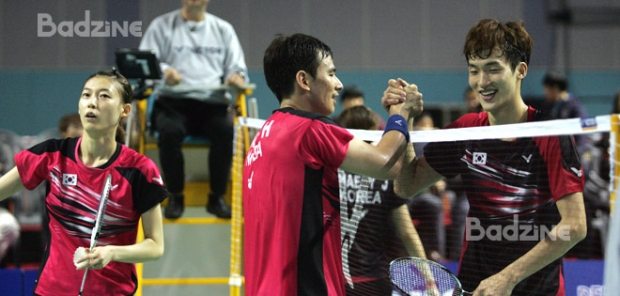
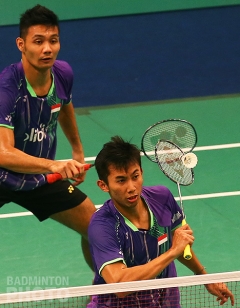
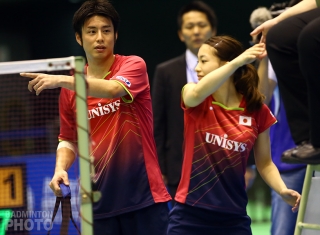
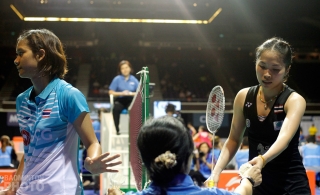
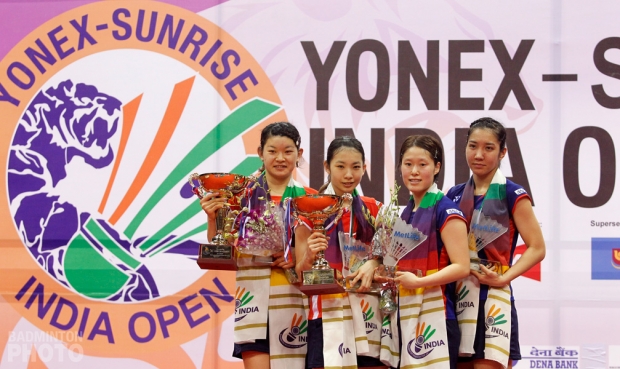

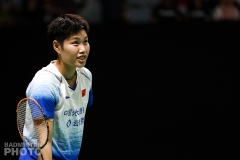
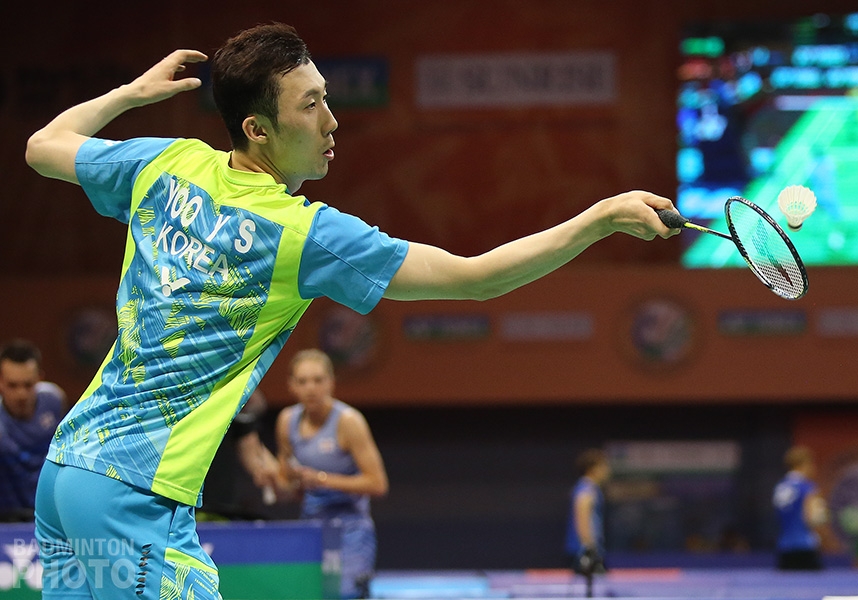
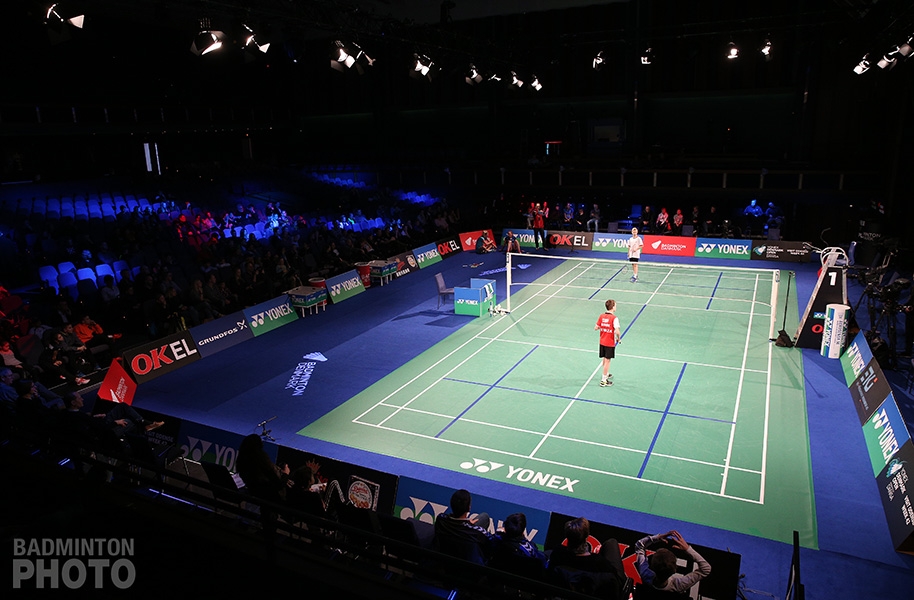
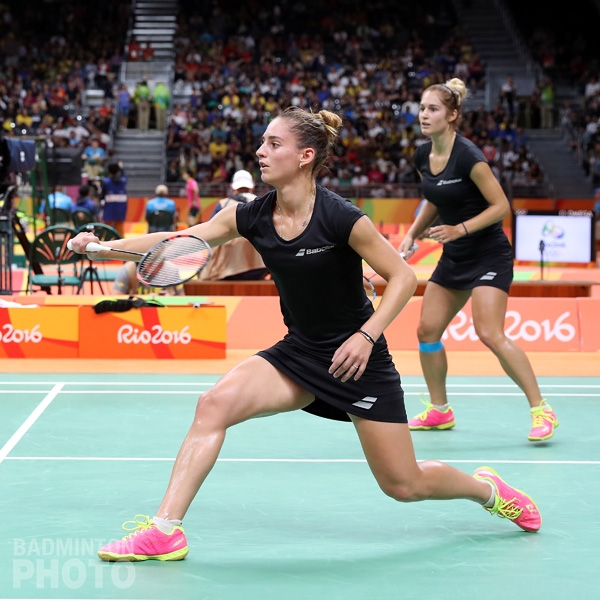


Leave a Reply